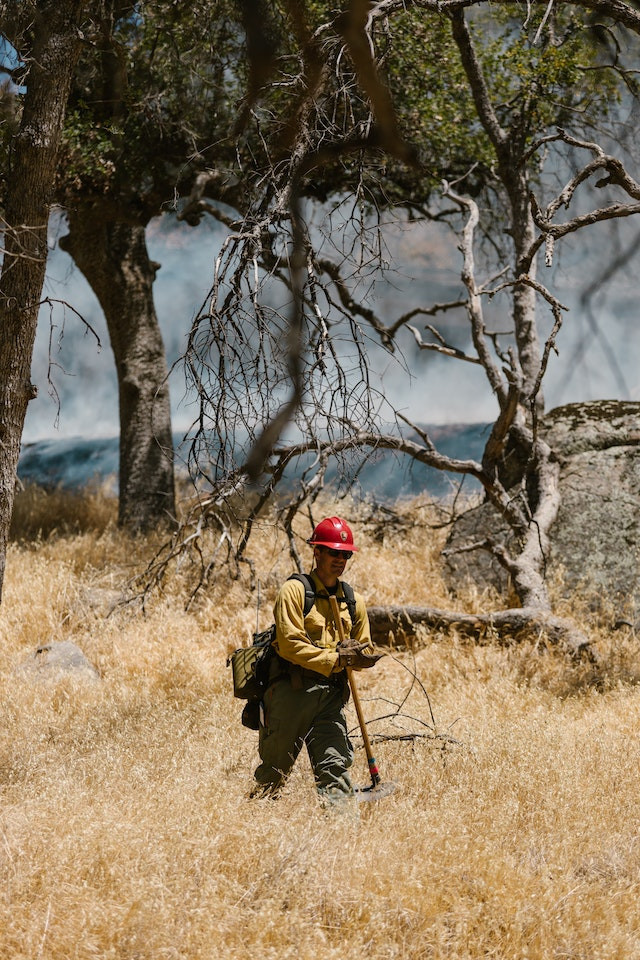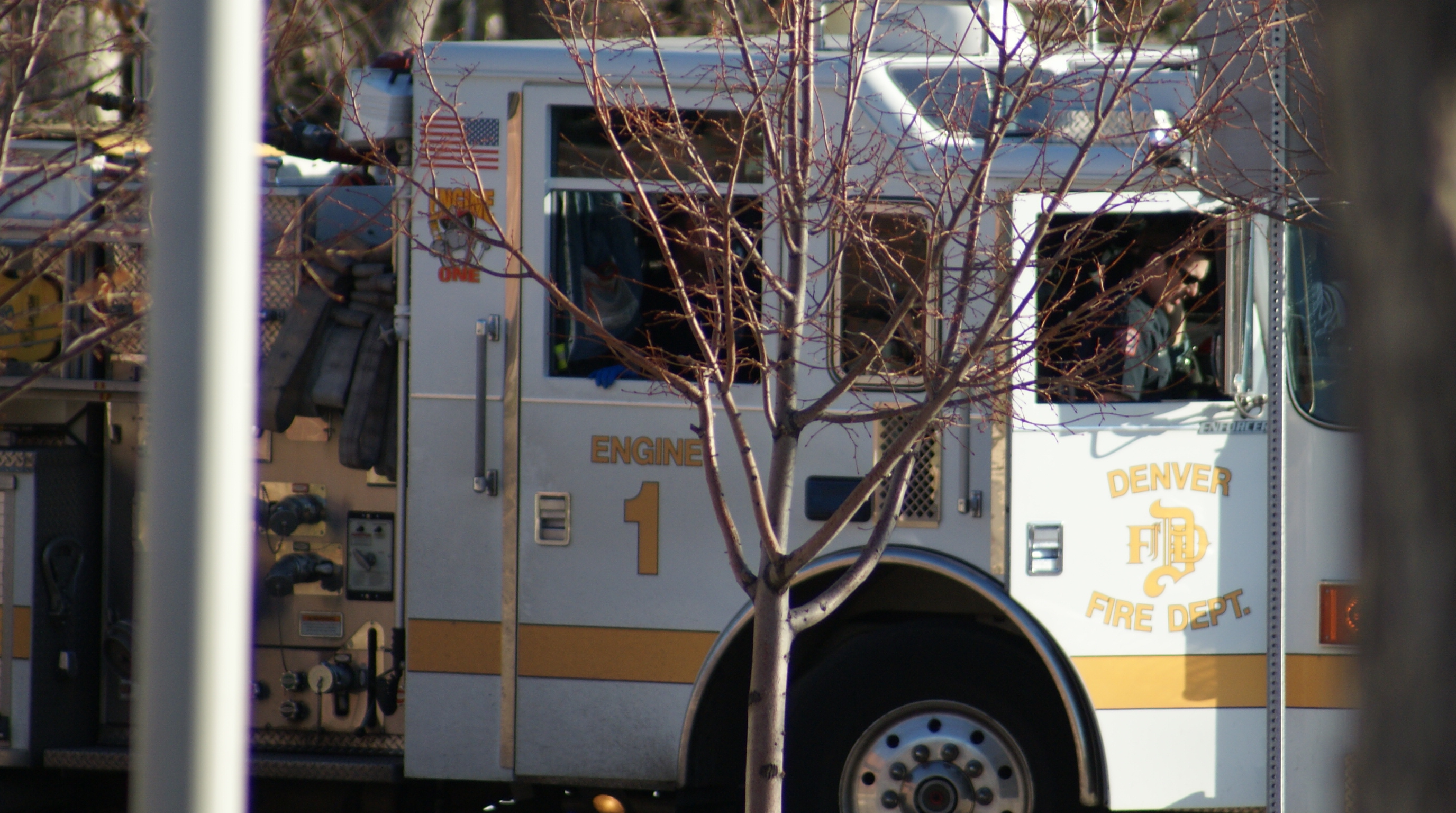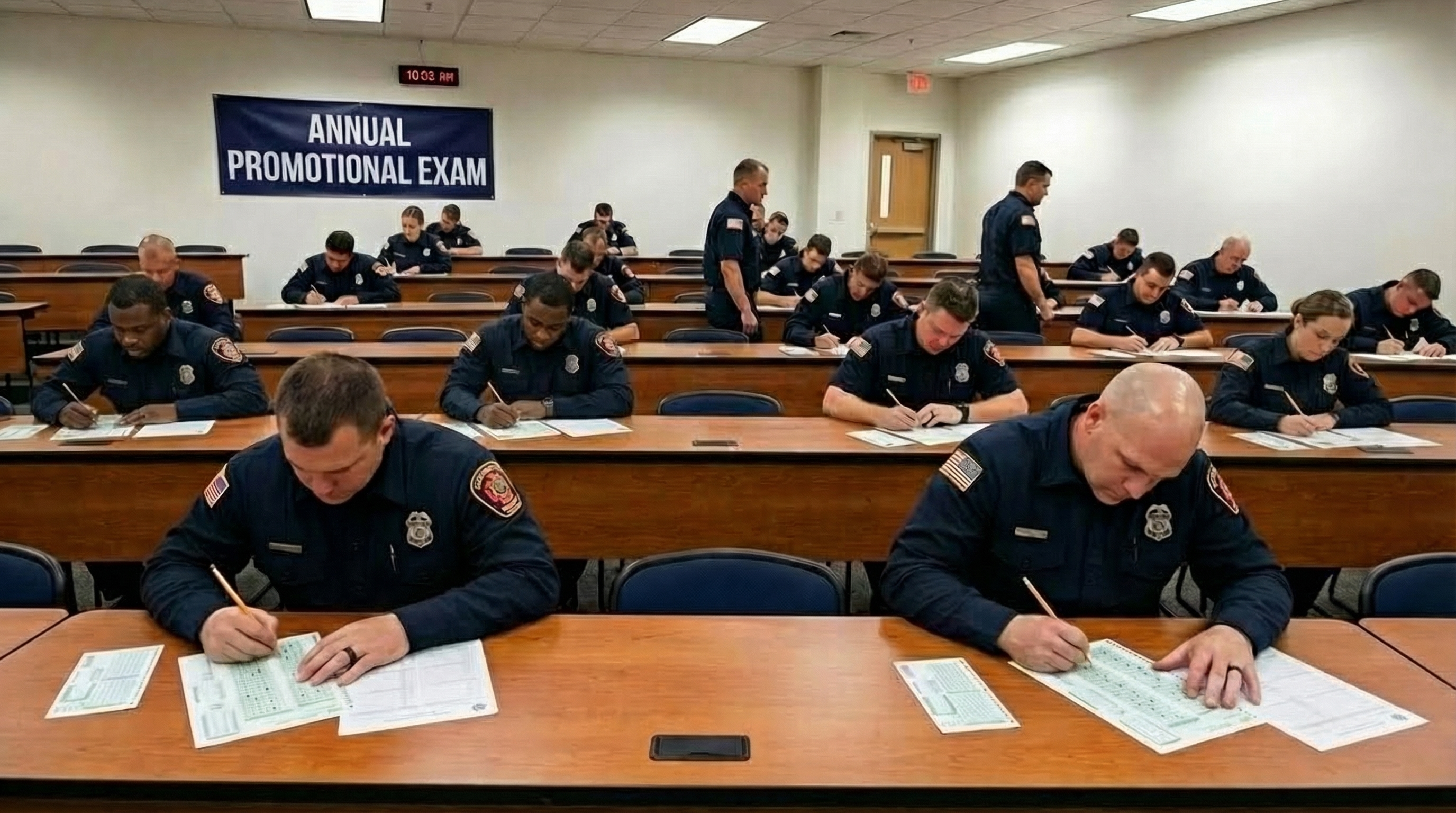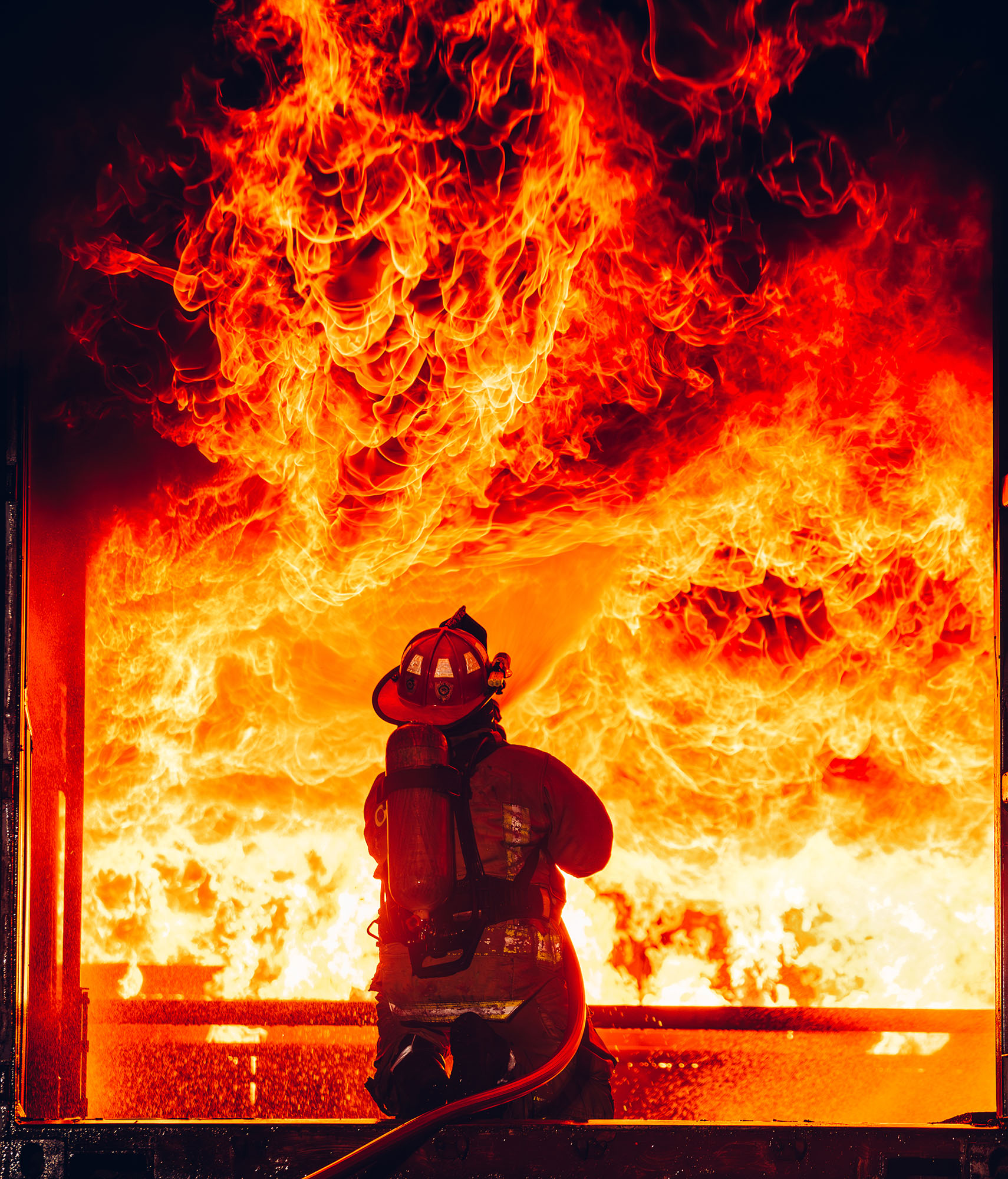As you move up the firefighter promotion ladder, more leadership responsibilities will fall on your lap. A key component of being a leader is being a mentor. Your job is not just to give orders, it is to guide your crew so they can do that job themselves one day.
What is a Mentor?
A mentor is a leader. A person who helps the next generation of fire fighters learn and reach their goals in the fire service. “A mentor teaches and guides others, while encouraging them to become the best version of themselves.” A mentor is a person you can go to for help and to better understand anything and everything fire related. If you are newly promoted in the fire service, or still considering promotion the concept of becoming a mentor may seem far off but it is closer than you realize.
-
Have Your Own Mentor
The best way to be a successful mentor is to have a mentor of your own. Having a mentor of your own will help you understand the mentor/mentee relationship and what your role as a mentor might look like and what the expectations are. This also gives you someone to go to if you need help with your mentee, if they have questions you can’t answer, for example. You also need that person you can go to with your own job related questions, because you are still learning too. No matter how high up the ranks you go you always want to keep a relationship with a mentor to go to for guidance. This person may change over the years or as your career goals change, but having a mentor is an invaluable resource.
-
Train Them
The biggest role of a mentor is that of a teacher and a trainer. Your job, even if you don’t consider yourself a mentor, is that of a trainer. You are responsible for training your crew and making sure they can handle any situation. You are responsible for their safety. As a mentor your training should go above and beyond what the department has decided is needed. Find time within your shift to do extra training sessions. Find time in your shift to just talk and get to know one another. Make extra time to answer questions your crew may have, and make them feel comfortable coming to you with these questions but validating them and not making them feel bad for asking. Make the time to train your crew, there is always time even if it’s just a few minutes here and there
-
Push Them
As a mentor, it is your job to push your mentee(s). Without a challenge very little learning will take place. The comfort zone is a fine place to be, but not much learning happens there and very little goal reaching takes place. I am not saying have them do things on an incident scene they are not trained for, but it is your job to help them discover the areas they could improve on and help them do just that.
-
Get to Know Them
Getting to know your mentee(s) is the most basic but most important step to being a successful mentor. You need to know this person professionally but also personally. You need to show interest in this person if you want a strong relationship and want to be a successful mentor to them. Trust is built over time and having a surface, work only relationship is not going to build any trust. Ask your mentee questions, get to know their family, know their goals in their career and in life. You need to be a safe space for them to come to ask questions and also for them to complain and vent. As a mentor you must go beyond the supervisor/subordinate relationship.
The Takeaway
Being a mentor is a hard job and not everyone is cut out for it, but if you want to be a leader in the fire service it is a very important aspect of the job that is not in the job description. A successful leader is a teacher, not just a boss, and goes above and beyond to share their knowledge and skills with their subordinates and mentor them to success.



